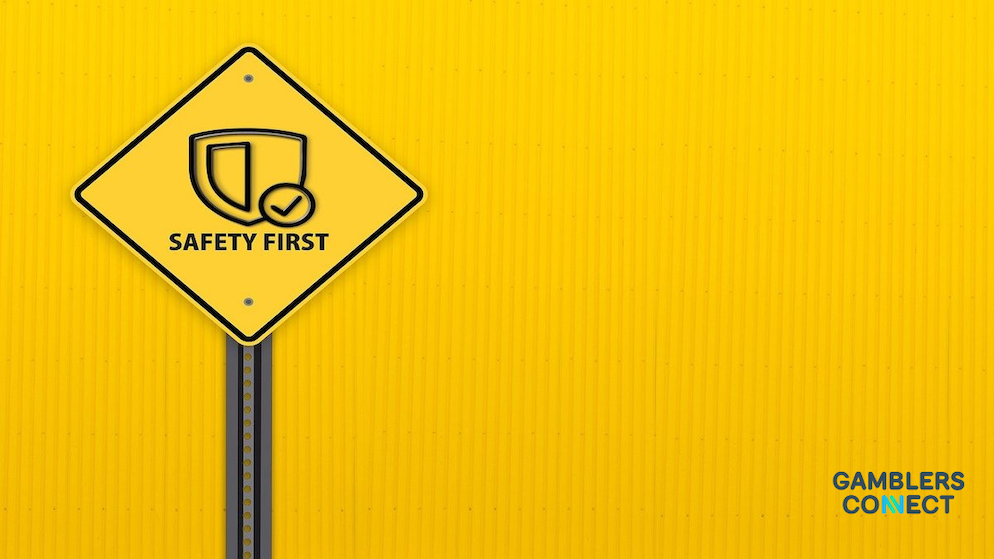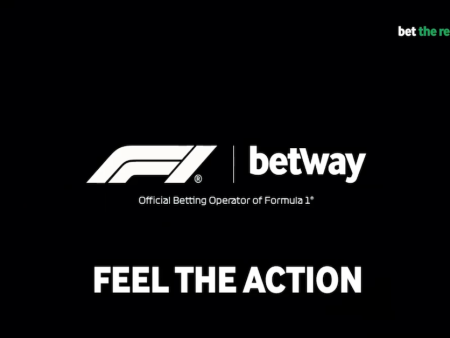Last updated on June 10th, 2025

The Bank of Ireland has taken measures into the realm of responsible gambling by introducing a voluntary blocking feature for gambling, following in the footsteps of counterparts such as EBS, Revolut, and EBS.
By introducing such tools, the Bank of Ireland positions itself at the forefront of the battle against gambling addiction, which in turn is part of a broader initiative by the Gambling Regulatory Authority of Ireland (GRAI) to motivate members of the financial sector to implement consumer protection measures.
The new blocking feature is now available for both business and personal accounts, with the Bank announcing plans to extend the blocking services to credit cards in the coming months.
From here, the GRAI said that it welcomes this development, stating that it corresponds with the broader strategy of the regulator to implement future consumer protection measures such as gambling blocking software, bank blocks, and advertisement exposure to help individuals affected by gambling-related harm.
Áine McCleary, Chief Customer Officer at Bank of Ireland, commented:
This initiative we are launching is designed to help customers take positive steps to improve control over their finances. It also furthers Bank of Ireland’s ambition to improve the financial well-being of our customers and communities, especially those going through difficult times.
Similarly, Oisín McConville from GamblingCare.ie said:
Measures such as this are very welcome, as we can see from the latest gambling spend insights that betting amongst younger people is on the rise. In order to combat the scourge of problem gambling, a wide range of support is essential to prevent the issue from becoming overwhelming for those impacted. The introduction by Bank of Ireland of gambling blocks is another step in the right direction and will further safeguard their customers.
This development comes at a time when gambling in Ireland shifts towards online payment, with the Q1 2025 data of the Bank of Ireland revealing 90% of transactions were made online, with 99% being conducted by debit cards.
And while gambling in Ireland is down 2% year-on-year, the data shows a 19% increase in gambling activity among young adults aged 18-25, a rather concerning trend.





